There are projects that, from the inception, are built behind a strong ethos and philosophy. Decred is a project that has focused since its beginning on creating a decentralized and autonomous community.
In a market filled with new meme coins, created by the hundreds every day, sometimes is hard for an outsider to consider the crypto market seriously. Even those familiar with the market dynamics may find it difficult to believe that these coins are motivated by anything other than quick profits and speculation.
Interestingly, several meme coins conceived as a joke, have evolved into robust networks, driven by community engagement and expert development. Dogecoin (DOGE) is the best example of this phenomenon. DOGE is the first influential meme coin, and now it has one of the largest market capitalizations in the cryptocurrency industry. What began as an experiment has transformed into a serious initiative, supported by an expressive community.
On the other hand, there are also those projects that, from the inception, are built behind a strong ethos and philosophy. Decred is a project that has focused since its beginning on creating a decentralized and autonomous community. Decred's blockchain combines proof-of-work (PoW) and proof-of-stake (PoS), which ensures a secure and transparent network. Stakeholders have a say in the project's direction, creating a debate environment, where each decision is discussed and decided by many individuals.
Philosophically, Decred can be seen not just as a cryptocurrency, but as a reflex of various thoughts developed around history. Those are related to ways that thinkers thought of the best solutions (and critics) to our society, involving themes like government functioning, power distribution, and what it means to have genuine freedom. Let's go on a journey and visit some of history's great minds, to see how their ideas can relate to the Decred ethos and structure.
A little introduction to Decred's functioning and philosophy
Montesquieu and Decred's governance
Charles-Louis Secondat Montesquieu was born in 1689 in Bordeaux, France, into a noble family that was not very traditional. Before venturing into politics, he worked as a lawyer, acquiring a deep understanding of laws and the workings of the government. He is remembered for his influential ideas in political science, which he exposed in his most famous work, "The Spirit of the Laws," published in 1748.
In this book, Montesquieu elaborated on his famous theory of the separation of powers, which shaped modern democratic governance. He argued that dividing the government into three distinct parts—those that make the laws, enforce the laws, and interpret the laws—was crucial for preventing tyranny. His works have influenced many modern democracies by establishing a system where these branches, the legislative, executive, and judicial powers, balance each other. Montesquieu stated that this organization prevents one branch from gaining too much power.
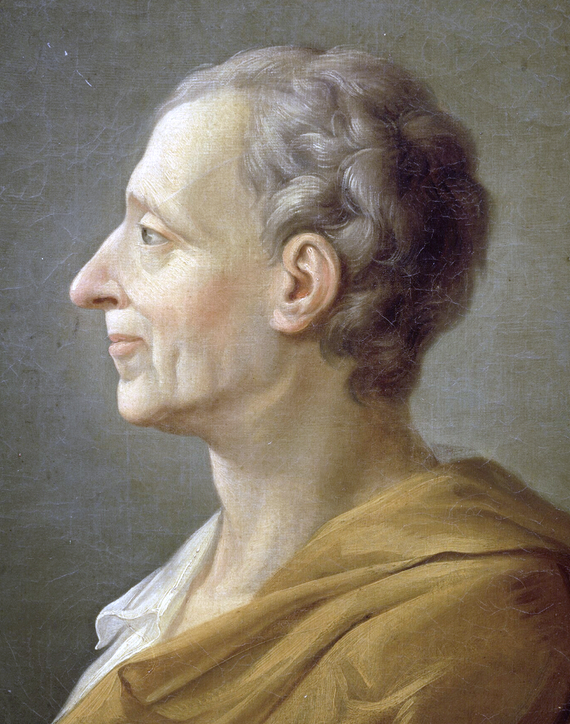
Montesquieu's historical thought can be compared to Decred's innovative approach to governance, especially his ideas about the separation of powers and checks and balances. Decred relates to Montesquieu by creating an ecosystem where power is not centralized but distributed among different types of participants:
Miners (Executive Power): Just like an executive government branch, miners are responsible for processing transactions and adding new blocks to the blockchain. Mining is similar to the executive duty of executing the laws and the processes needed for a state to work properly.
Voters (Legislative Power): Community members who hold tickets can vote on the project's future on the Politeia governance platform. Stakeholders act like a legislative body. They are responsible for making decisions about updating the blockchain rules and allocating funds to initiatives that will benefit the project.
Developers (Judicial Power): Although not a direct parallel, developers compare somehow to the judicial branch. They are responsible for upgrading the protocol, ensuring that network rules are followed, and the approved changes get implemented, much like a judiciary interprets and applies laws formulated by the legislative.
"When the legislative and executive powers are united in the same person, or in the same body of magistrates, there can be no liberty; because apprehensions may arise, lest the same monarch or senate should enact tyrannical laws, to execute them in a tyrannical manner." - Quote from Montesquieu's book "The Spirit of Laws"
Community Involvement
One attitude also emphasized by Montesquieu's philosophy is civic participation, which he points to as a fundamental activity to avoid power centralization. Decred brings these principles into the blockchain age through the Politeia platform, where users can submit proposals, debate, and vote on consensus changes. Beyond the decentralization of power, this action strengthens the democratic feeling in the system. Participants with the power to vote in the political game usually become more attentive to the decisions made.
This thought alignment shows how the Decred project uses historical thoughts to enhance its structural integrity. The stakeholder participation model shows how blockchain technology can be used to emulate improvements in society's governance.
Nietzsche, Decred, and the Concept of Financial Independence
Friedrich Nietzsche is a philosopher known for his provocative style. He wanted to uncover all of the hypocrisy and morals of his philosophy predecessors with his rebellious spirit. Nietzsche writings were marked by profound feelings of freedom and self-determination, wanting to break every intellectual or moral chain that the reader could have. Above all, Nietzche had disdain for all mediocrity, just like the Decred project when it comes to developing blockchain and financial freedom.
Decred seeks to break away from the traditional financial system, proposing a model where transparency, decentralization, and self-sufficiency are pillars of a community that wants to challenge established norms.

Empowering the Individual
Decred gives its users the sovereignty to keep their money, trade it, and inspect how the whole project functions. The project provides tools like DCRDEX, which allows for peer-to-peer transactions without the need for a central authority. The sense of autonomy created by the Decred environment mirrors the Nietzschean philosophy, where the individual desires are at the center of the narrative.
The concept of "Übermensch" or Superman, formulated by Nietzsche symbolizes an individual who creates his values and does not fall for common sense. Decred is a hub for professionals who mirror this concept. Contributors of the Decred project come from across the globe, united by a common respect for sovereignty and self-custody. They are pioneers in a new work paradigm that places high value on labor, personal freedom, and privacy.
"At bottom, every man knows well enough that he is a unique being, only once on this earth; and by no extraordinary chance will such a marvelously picturesque piece of diversity in unity as he is, ever be put together a second time." - Quote from Nietzche's book "Untimely Meditations"
Pythagoras: A Model of Versatility
Pythagoras of Samos is one the exceptional Greek philosophers of his time. Responsible for creating the revolutionary Theorem of Pythagoras, he influenced many fields beyond math with the Pythagorean movement, a school where members discussed mathematics, music, philosophy, and spirituality, always searching for a balance in life. Much of the information about his life and work has been lost, yet some of his contributions were so significant that not even 2500 years could erase them. Pythagoras believed in an objective truth, which could be explained by math principles.
Decred, just like the Pythagorean movement, is a versatile project that goes far beyond blockchain. Pythagoras used philosophy as a base for all the other subjects he studied (math, spirituality, music), and Decred uses blockchain as the root for all the project's applications. Versatility is a core principle for both!
"If there be light, then there is darkness; if cold, heat; if height, depth; if solid, fluid; if hard, soft; if rough, smooth; if calm, tempest; if prosperity, adversity; if life, death." - Quote from the book "The Golden Verses of Pythagoras and Other Pythagorean Fragments"
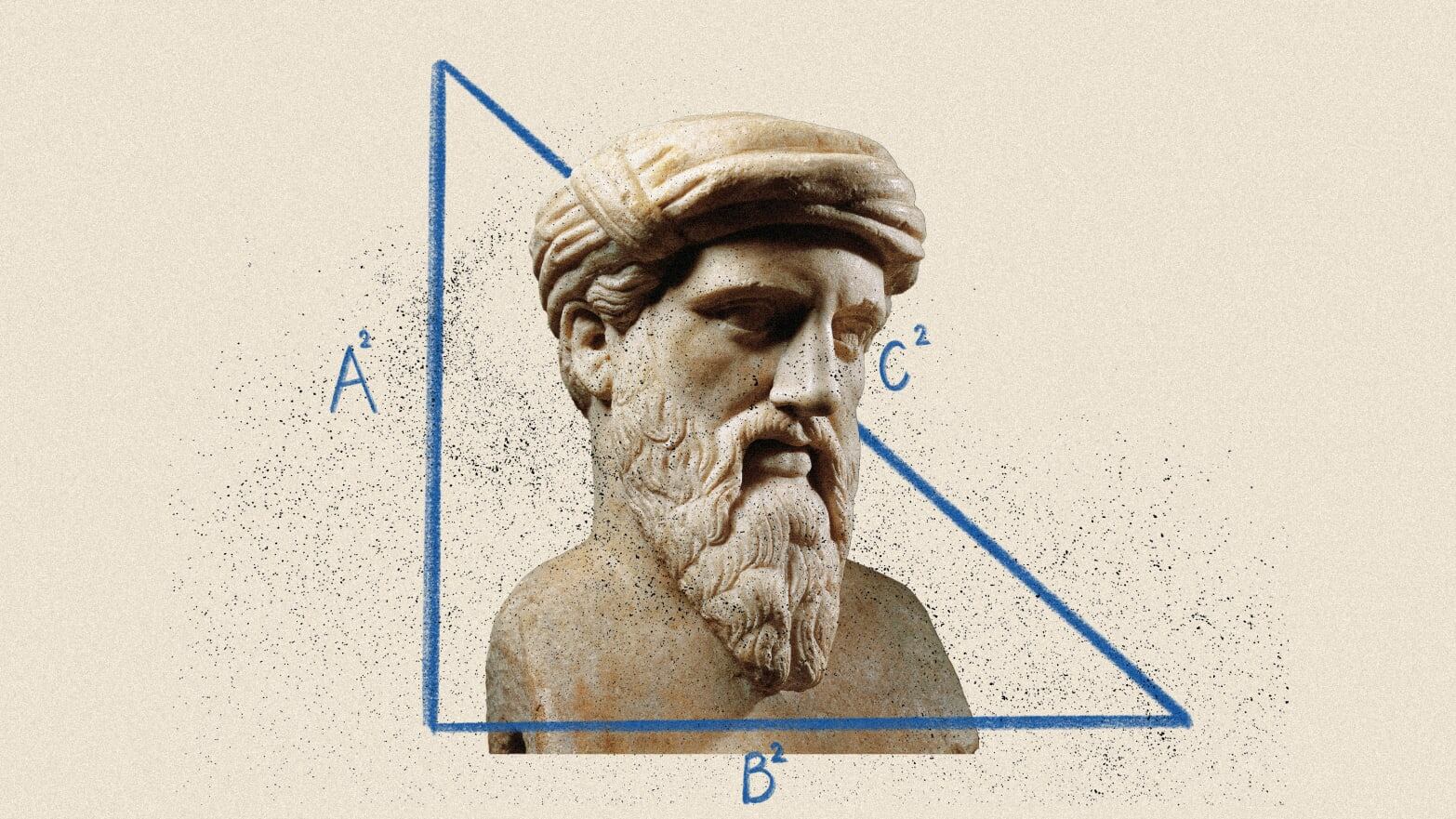
Versatility in Applications
The Pytaghora's versatility is a way of thinking about science as one singular thing. Decred sees blockchain technology as a means to transform one's financial life. Some of the applications developed by Decred are:
Bison Relay
Bison Relay is a new take on social media, a Decred-based communication tool that enables free speech, free association, and an alternative to traditional platforms. Bison Relay follows the Decred ethos of privacy, with heavy use of the Decred Lightning Network, where every message sent is encrypted. The use of the network also makes it possible for users to monetize their content, receiving payment via LN micropayments.

Just as Pythagoras integrated various disciplines—math, philosophy, music, and spirituality—into a unified school of thought, Bison Relay combines communication with blockchain technology to foster free speech, free association, and financial independence.
DCRDEX
DCRDEX is Decred's decentralized exchange. DCRDEX provides services in trading and storage, with support for different coins, such as: Bitcoin (BTC) Bitcoin Cash (BCH) Ethereum (ETH) USDC Litecoin (LTC) Doge (DOGE) ZCash (ZEC) Digibyte (DGB)
DCRDEX places a strong emphasis on privacy, making it an attractive option for users who value privacy. DCRDEX allows users to trade directly from their wallets without needing an intermediary. This design enhances security and gives users full control over their funds.
Learn how to use DCRDEX
Pythagoras believed the universe had an inherent order that could be explained through numbers and their relationships. He taught that harmony and balance in the world are deeply connected to math principles. In a similar vein, DCRDEX seeks to create harmony in the crypto trading environment by balancing power among all users. It eliminates the need for a central authority. This decentralized approach ensures no single entity controls the exchange, mirroring Pythagoras's pursuit of balance and equity in systems.
Timestamply
Timestamply simplifies the process of proving the existence of digital content, a feature crucial for a wide range of applications requiring attestation. Whether it's for legal documentation, intellectual property protection, or academic research.
Pythagoras held a deep respect for absolute truths, which he believed could be accessed through mathematical concepts. Timestamply embodies this Pythagorean pursuit of truth by providing a means to establish and verify the immutable timestamps of digital content.
Moving Forward
Philosophy is the base of all knowledge and science. Without the ability to think and question human race wouldn't be able to move forward with math, sociology, biology, and even spiritual matters.
Decred is an example of an initiative built on values and ideas that relate to historical thoughts. Decred is a prime example of how philosophical concepts can transform into modern technological innovations. Drawing on the philosophical heritage of questioning, critical thinking, and community governance, Decred has built a cryptocurrency system that emphasizes transparency, autonomy, and governance.
Do you know any other philosopher whose thoughts could be related to Decred? Leave a comment below!


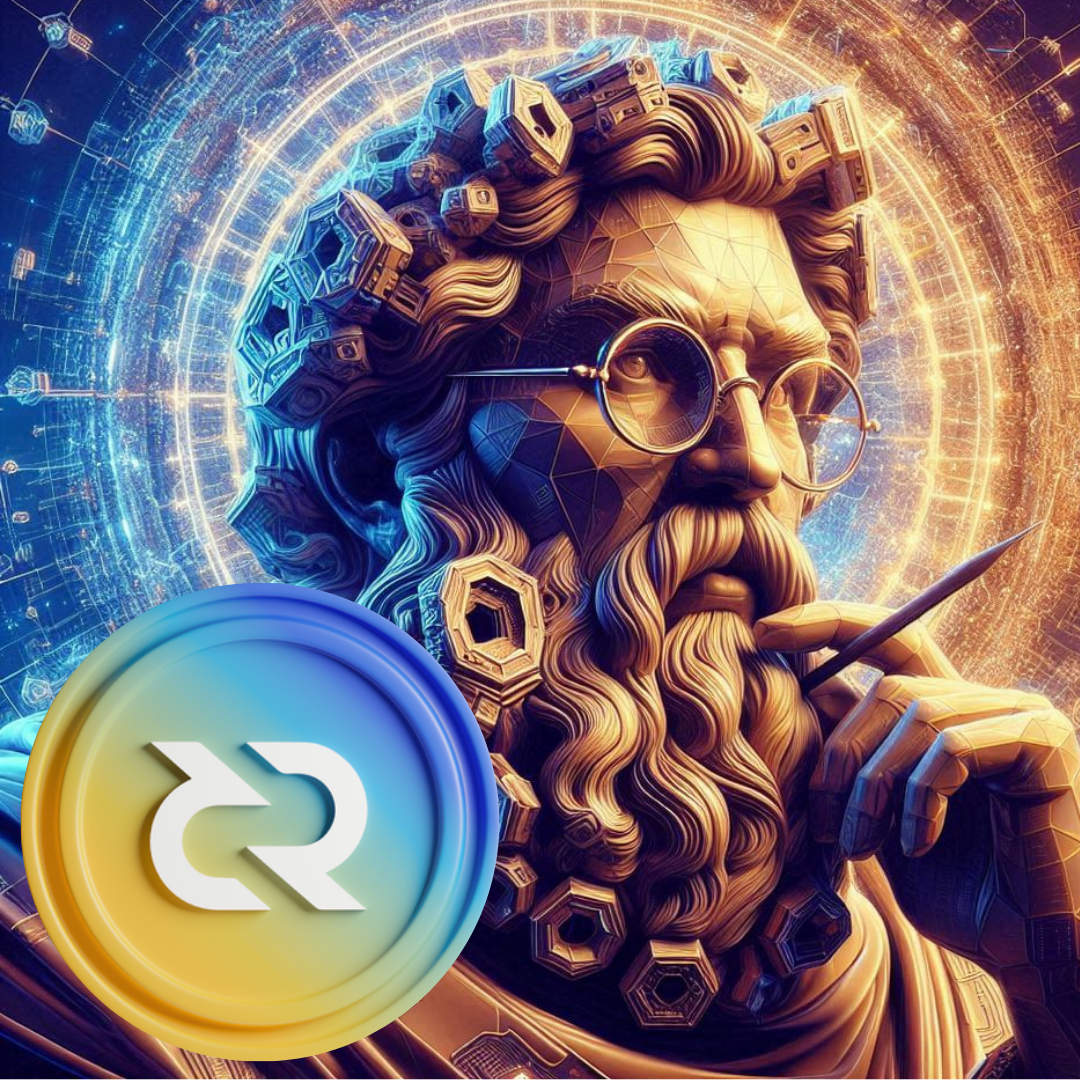
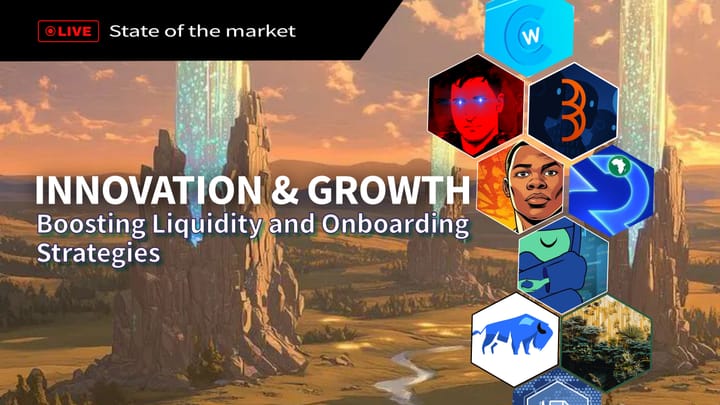
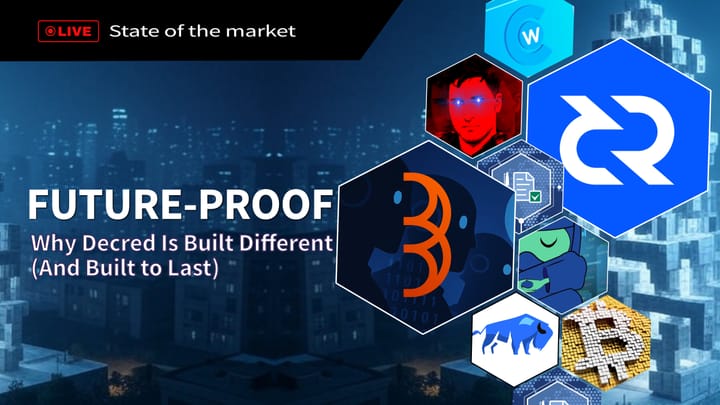
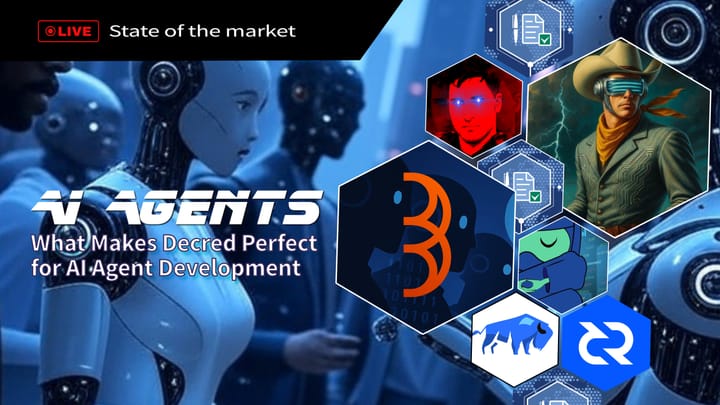
Comments ()